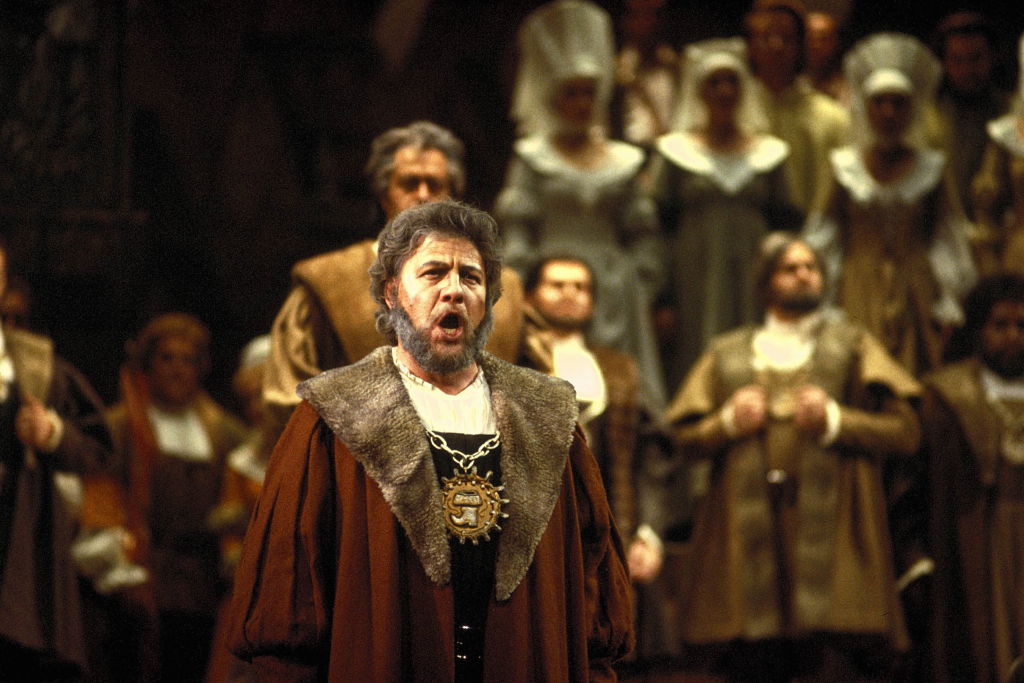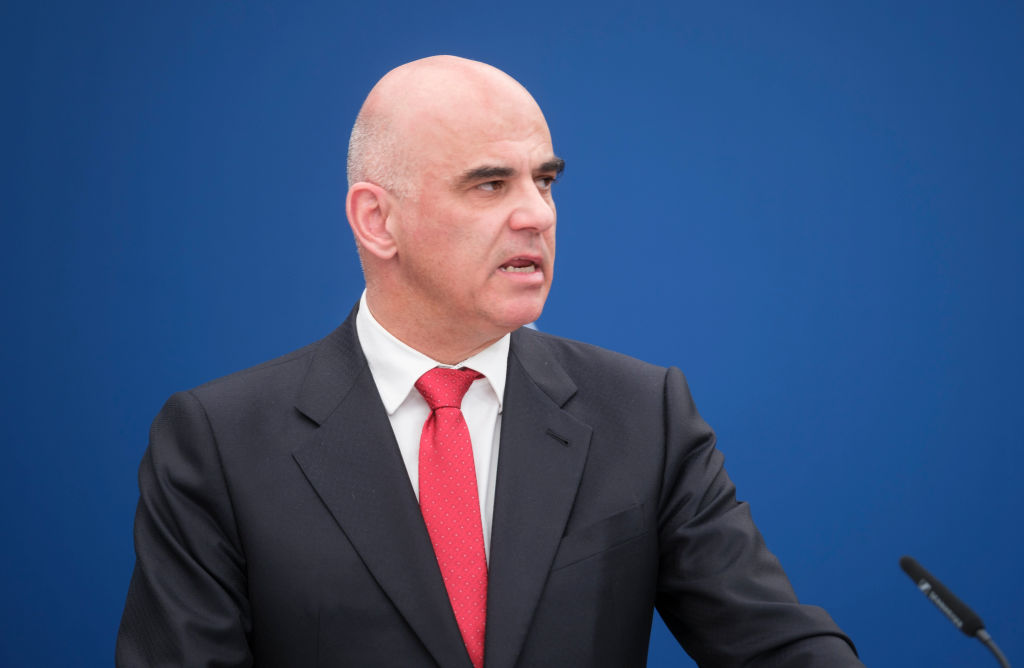This summer has been one of simmering tension in parts of Britain, if, happily, not to the extent many predicted before the break. Britain is seeing a return of street politics and one that is revealing of the tensions in the body politic.
It began with demonstrations in Epping, a small town on the fringes of London, outside a hotel accommodating a group of illegal migrants who had arrived across the Channel on small boats. The proximate cause was an attempted attack on a young teenage girl outside the hotel (for which the attacker has since been convicted). Locals began to demonstrate outside the hotel and before long the movement spread to similar hotels across the country.
Tensions grew in part because many see the authorities as unsympathetic. Epping’s local council won a court case to close the hotel in question, only to have it reversed on appeal by the government. The police are suspected by many of cracking down harder on anti-migrant demonstrators than on their left-wing opponents. And the commentariat continue to speak darkly of the far right and “misinformation”.
On the back of all this has emerged a movement called “Raise the Colours”, a campaign to fly the British – or, more often, English – flag on street lights, bridges, anywhere it is visible. Your writer’s sense is that, outside London, this movement is quite widespread. It may not last as nights go dark and the weather worsens. But it testifies to a sense, held by many ordinary voters, that the country is not being governed in the interest of many of its inhabitants by the bureaucratic governing class described a century ago in GK Chesterton’s poem The Secret People:
“They fight by shuffling papers; they have bright dead alien eyes;
They look at our labour and laughter as a tired man looks at flies.
And the load of their loveless pity is worse than the ancient wrongs,
Their doors are shut in the evening; and they know no songs.”
Now I admit personally to a degree of ambivalence about all this. Some of us have been predicting that the politics of ethnic division and group rights, pushed by the Left for the last thirty years, would eventually produce a backlash. Some on the Right seem to be quietly welcoming it now it’s come, but I greet it with no pleasure. It is obviously undesirable to have this level of identitarian conflict in the country and easy to see how it could get worse quickly.
I am also not a great fan of street politics. Demonstrations and street protest seem to me to be a tactic of the Left, one formed out of nineteenth century revolutionary myths, and dating from a time before modern media when ordinary people without the franchise could not make their voices heard. I wouldn’t say never, but I don’t think it particularly helps the Right to engage in counter-demonstrations, still less to encourage them, and I believe it should be for us to find a better way of giving voice to voters’ concerns. If the future of the country is one of clashes between Right and Left on the streets, I don’t look forward to it with much optimism.
All that said, this summer’s events have had consequences. One has been to turbo-charge Britain’s so-called populist party, Reform UK, under Nigel Farage, symbolised by their glitzy and energetic party conference on Sept 5 and 6. Reform are now at the low 30s in the polls, not far off the level at which Labour won a majority last year. They have unveiled a plan to leave the European Court of Human Rights (ECHR), to stop legal migration, and to deport most illegal migrants. Whatever its weaknesses, most people on the Right, and increasingly in parts of the Left, believe that Reform at least want to do that, and won’t face internal opposition in doing so, something which is not at all clear about the declining Conservative Party.
The other effect has been to make the governing Labour Party understand that they cannot ignore the immigration problem any longer. It is not clear whether they believed that their initial plan, to “smash the [migration-facilitating] gangs” would actually work or whether it was just words to try to keep people happy. Either way, they can now see it won’t do. But they cannot bring themselves to move out of the current legal and political framework. They continue to believe that they can do the job by telling judges to interpret ECHR provisions differently, by making doubtful migration deals with the French and apparently the Germans (how many illegal migrants come direct from Germany, one must ask?). None of this will be enough. The only question is how long we have to wait, and how low Labour’s approval ratings will have to go, before they realise it.
All this comes against a background of painfully slow economic growth. Doing something about this as well as migration was supposed to be the centrepiece of “Phase 2” of Keir Starmer’s government, launched on Sept 1. Unfortunately for him, Phase 2 immediately descended into chaos when it emerged that Deputy Prime Minister (and deputy leader of the Labour Party) Angela Rayner had underpaid tax on her new house. She was forced out and Starmer was forced into a huge reshuffle of his government. Few ministers actually left the government, but about half his team ended up with a different job, meaning that Starmer achieved both organisational confusion and political incoherence, chaos without actually giving his government a new face or new purpose. Many are now sarcastically asking whether last week was Phase 2, and whether we are now in Phase 3.
It’s important to keep all these things in proportion. For most people in Britain, this summer has been like any other and pleasantly warmer than most. To quote Chesterton once again, “a few men talked of freedom, while England talked of ale.” We may have a bad government, but at least we have a government, in contrast to France. We may have slow growth but at least we have growth, in contrast to Germany. Britain is not the war-of-all-against-all dystopia that some like to depict.
Still, it is hard not to be concerned this autumn. The simmering anxieties on the streets and the dysfunctional political party system – the divided Right, the emergence of a genuinely far Left-Islamo-Green party or parties, the long wait for another election – testify to the fractious and grumpy mood. Politicians need to listen and respond before it’s too late. To quote Chesterton’s great poem one last time:
“We are the people of England; and we have not spoken yet.
Smile at us, pay us, pass us. But do not quite forget.”
The Rt Hon Lord Frost of Allenton CMG was Britain’s chief negotiator for exiting the European Union





The word from a veteran: How the EU is trying to federalise through its budget